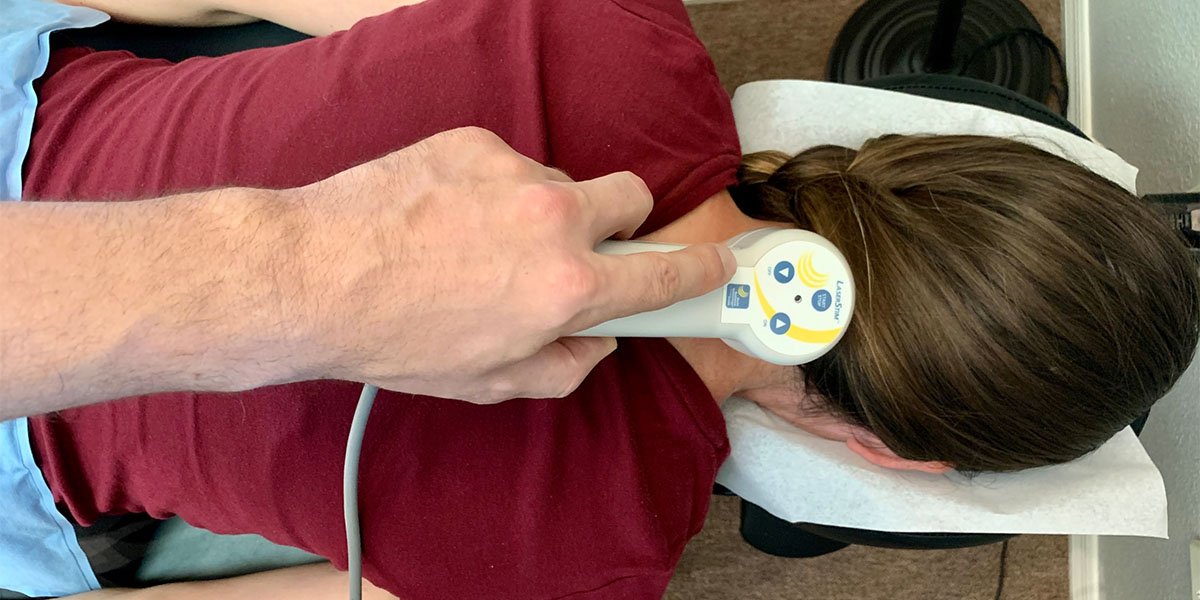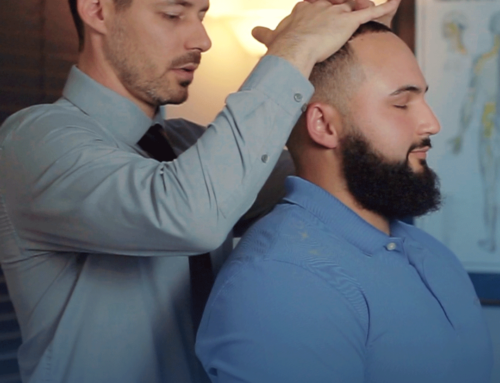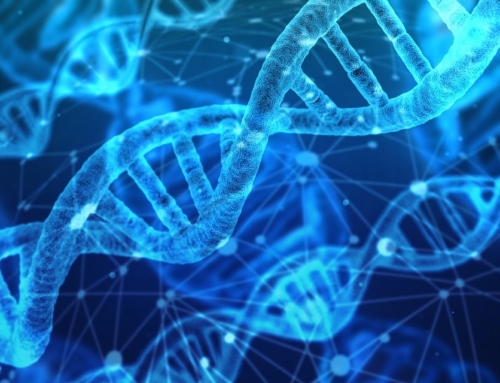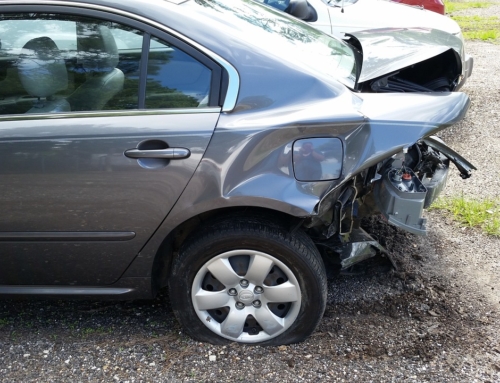Those who engage in sports, whether professionally or recreationally, often deal with aches and pains. From minor to significant injuries, most athletes prefer to avoid surgery and treat their ailments more holistically. Piezowave therapy may provide the ultimate answer.
Extracorporeal shockwave therapy (ESWT) is a non-invasive, outpatient alternative to surgery that has been considered a treatment method since the 1990s. The treatment emits acoustic shock waves into bone or soft tissue, breaking up the scarring on tendons and ligaments and alleviating pain.
More recently, PiezoWave Therapy has significantly expanded the range of these treatments for myofascial pain syndromes. The PiezoWave system delivers a series of high-energy acoustic waves or pulses to break down unhealthy fibrotic tissue and increase blood flow, promoting healing. The overall effect of the sound wave is that it helps to break up the fibrotic tissue without damaging healthy tissue. The PiezoWave procedure is expected to become the first line of treatment for patients with damaged or unhealthy tissue, including those that result from sports injuries.
To learn more about PiezoWave Therapy, click here.
Conditions Treated by PiezoWave Therapy
Plantar Fasciitis: Plantar fasciitis (or plantar heel pain) is a disorder of the connective tissue that supports the arch of the foot. The condition causes pain in the heel and bottom of the foot, typically most severe following sleep or a period of rest.
Neck Pain: Whether from physical strain, a pinched nerve, or a herniated disc caused by a sports injury, neck pain can be debilitating and seriously impair everyday activity.
Carpal Tunnel: This syndrome is caused by the strain resulting from repetitive movements. It manifests as numbness, tingling, or itching of the hand and fingers. Coordination may eventually be affected.
Elbow Pain: This painful condition, also known as tennis elbow, is caused by repetitive wrist or arm movements. The outer part of the elbow becomes sore and tender, and in some cases, the pain may extend to the back of the forearm.
Shoulder Pain: Athletes typically experience shoulder pain caused by overexertion, an awkward fall, or too much weight training.
Hip Pain: Hip pain is common in runners, as hips become tight and less flexible under pressure, leading to stress, strain, pain, and injury.
Runner’s Knee: Runner’s knee describes any one of several conditions that cause pain around the kneecap. It can be caused by running or any activity that repeatedly stresses the knee joint.
Heel or Foot Pain: Foot pain refers to any pain or discomfort in one or more parts of the foot, such as the toes, heels, arches, or soles. Foot pain may develop due to improperly fitting shoes or injured during high-impact exercise or sports activities, such as jogging or intense aerobics.
Achilles Tendonitis: This condition occurs when the Achilles tendon, located at the back of the ankle, becomes sore. Achilles tendinopathy is accompanied by alterations in the tendon’s structure and mechanical properties, causing pain and swelling around the affected tendon.
Muscular Strains: These injuries to a muscle or tendon can range from a minor stretch injury to a partial or complete tear of the muscle fibers. The damage often happens at the junction where the muscle and tendon meet, commonly at the hip flexors, lower abdomen/groin, adductors, quadriceps, and hamstrings. Acute or chronic repetitive overuse injuries can cause pain.
MCL Injuries: The MCL (medial collateral ligament) is a band of tissue that runs along the inner edge of the knee, connecting the shin and thigh bones to keep your knee stable. MCL injuries typically occur when the athlete sustains a brutal hit to the side of the knee.
Investigate This Therapy
Dr. Ryan Johnson is proud to offer state-of-the-art PiezoWave therapy for the above sports injuries, as well as a range of painful musculoskeletal system disorders. If you live in the Sarasota area and are experiencing recurring pain, call today for an appointment.




